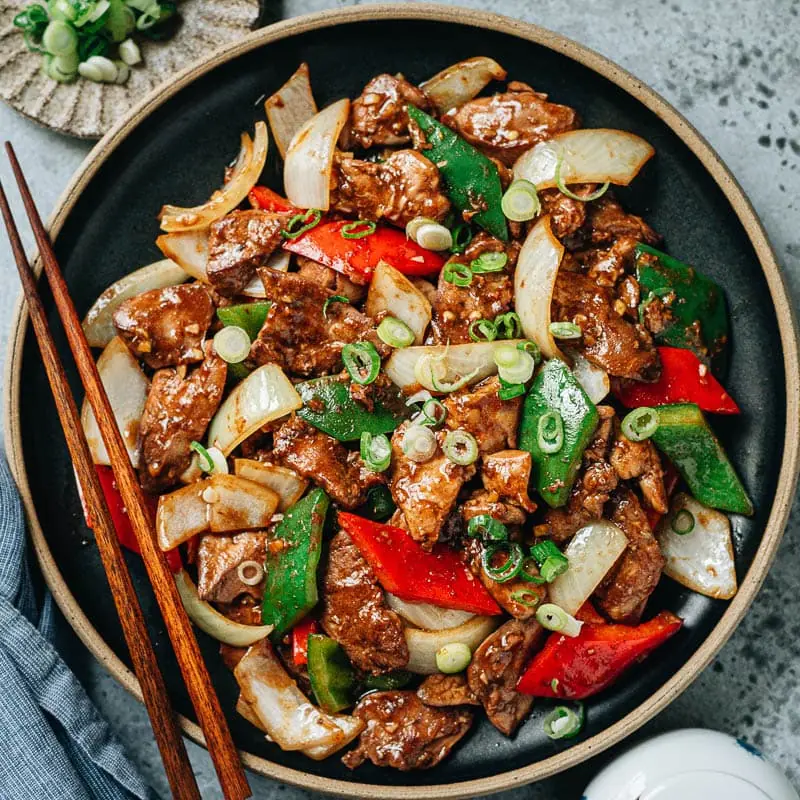
Diabetes Alert: 6 Fruits That Could Sabotage Your Bl.o.od Sugar Levels

6 Fruits Diabetics Should Limit or Avoid
For individuals managing diabetes, making smart food choices is essential to keeping blood sugar levels stable and avoiding health complications. Fruits, while rich in fiber, vitamins, and antioxidants, also contain natural sugars—primarily fructose—which can affect blood glucose if consumed excessively.
While no fruit is entirely off-limits, certain types are higher in sugar and lower in fiber, making them less ideal for people with diabetes. Below are six fruits that people with diabetes should consider limiting or avoiding, along with healthier alternatives and tips for safe consumption.
1. Dried Fruits (e.g., Raisins, Dates, Dried Apricots)
Why Avoid:
Dried fruits are highly concentrated in sugar because most of the water has been removed. Just a small handful can contain as much sugar as several whole fruits.
-
For example, 1/4 cup of raisins contains about 30 grams of carbohydrates, the same as a full banana—but with much less fiber and satiety.
Healthier Alternative:
Opt for fresh grapes or a small apple instead. These offer hydration and more volume for fewer carbs.
2. Fruit Juices (Orange Juice, Apple Juice, etc.)
Why Avoid:
Fruit juices are low in fiber and high in natural sugars, causing rapid spikes in blood glucose levels. Even 100% fruit juice can lead to blood sugar surges.
-
One cup (240ml) of orange juice contains 21–26 grams of sugar and barely any fiber.
Healthier Alternative:
If you want a citrus flavor, choose a small orange (which contains fiber) and drink water infused with lemon or orange slices.
3. Watermelon
Why Limit:
Watermelon has a high glycemic index (GI of 72), meaning it can raise blood sugar quickly, especially when eaten in large quantities. It is also low in fiber, which worsens its glycemic impact.
Healthier Alternative:
Opt for berries like blueberries, raspberries, or strawberries, which are lower in sugar and higher in fiber.
4. Pineapple

Why Limit:
Pineapple is another tropical fruit with a high glycemic index and sugar content. A single cup of pineapple chunks contains over 16 grams of sugar.
Healthier Alternative:
If you enjoy tropical flavors, try a few slices of kiwi or papaya in small portions. Always pair them with protein (like yogurt or nuts) to slow sugar absorption.
5. Overripe Bananas
Why Limit:
As bananas ripen, their starch turns into sugar, raising their glycemic index. Overripe bananas can cause blood sugar spikes more quickly than their greener counterparts.
Healthier Alternative:
Choose a small, slightly underripe banana (with greenish tips), and eat only half if you're monitoring carbs closely.
6. Mangoes
Why Limit:
Mangoes are sweet, juicy, and packed with vitamin C—but they’re also very high in sugar. One medium mango contains around 45 grams of sugar and over 50 grams of carbs.
Healthier Alternative:
If you love mango, limit yourself to a few small slices and eat them with nuts or cottage cheese to balance the blood sugar impact.
✅ Smart Tips for Eating Fruit with Diabetes
-
Stick to Whole Fruits: Choose whole, fresh fruits over juice or dried versions. The fiber in whole fruit slows sugar absorption.
-
Watch Portion Size: A standard fruit serving contains about 15 grams of carbohydrates. Monitor serving sizes carefully.
-
Pair with Protein or Fat: Eating fruit with healthy fat or protein—like almonds, yogurt, or peanut butter—helps reduce blood sugar spikes.
-
Check Blood Glucose Responses: Everyone’s body reacts differently. Test your blood sugar before and after trying new fruits to see how you respond.
-
Focus on Low-GI Fruits: Berries, apples, pears, and citrus fruits are better options due to their lower glycemic impact.
🩺 Final Thoughts
Fruits are an important part of a balanced diet, even for those with diabetes. The key is to choose wisely, eat in moderation, and be mindful of how each fruit affects your blood sugar.
While fruits like dried fruit, juice, watermelon, pineapple, overripe bananas, and mangoes may be delicious, they should be limited if you're trying to keep your glucose in check.
As always, consult with your doctor or dietitian before making major changes to your meal plan.
News in the same category


If you suddenly wake up between 3:07 and 3:15 a.m., you must be very careful.

14-Year-Old Patient Suffers Facial Paralysis Due to Common Habit During Hot Weather

4 Vegetables You Should Never Eat Raw — They Could Do More Harm Than Good!
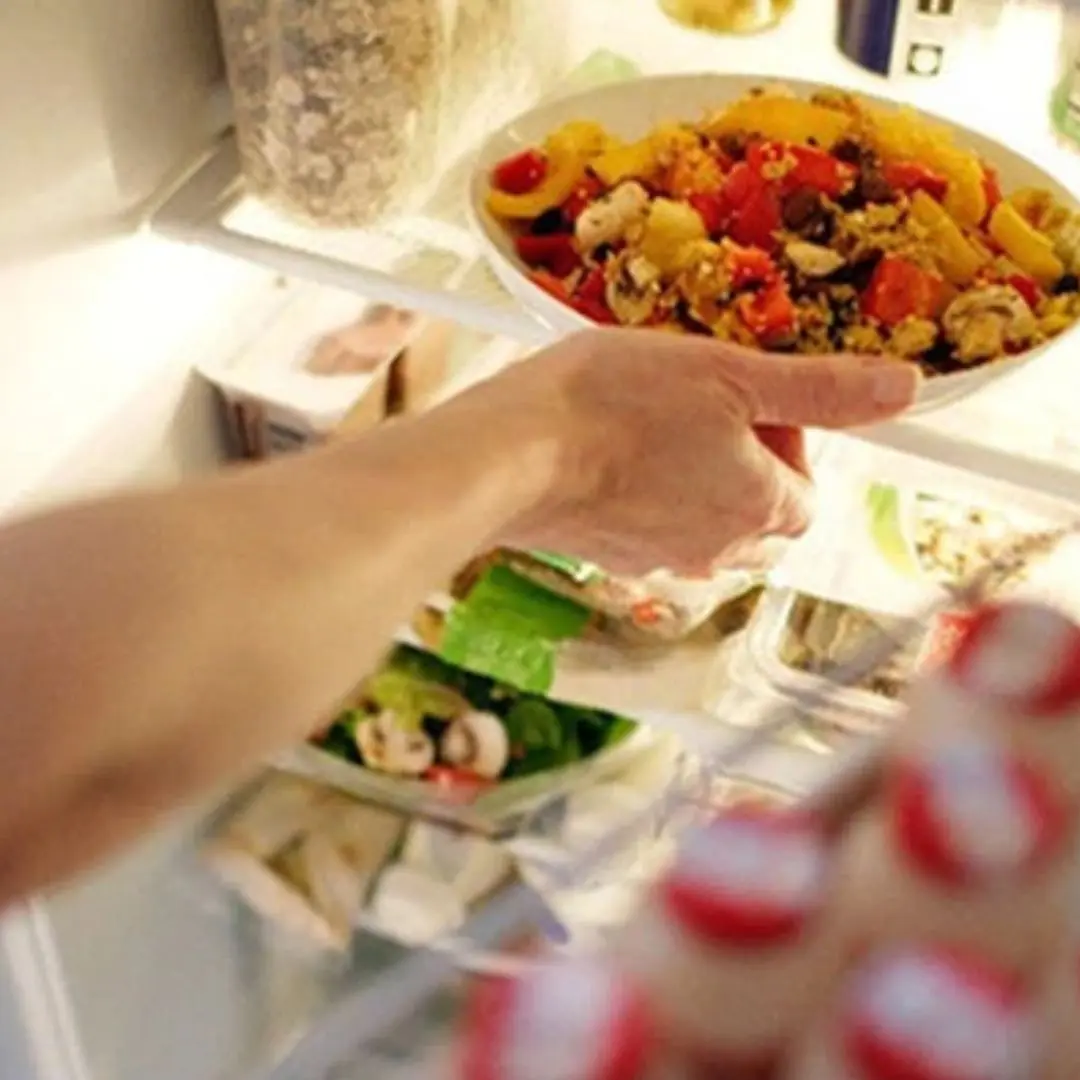
6 familiar dishes that are extremely dan.ger.ous if left overnight

Doctor Urges 4 Actions to Protect Your Body’s "Blo.od Filter"

Can overly hot baths harm your heart and circulation?

7 signs of brain c.a.ncer that are easily confused with other diseases

4 Things to Avoid After 5 PM to Lower Your Risk of Stro.ke
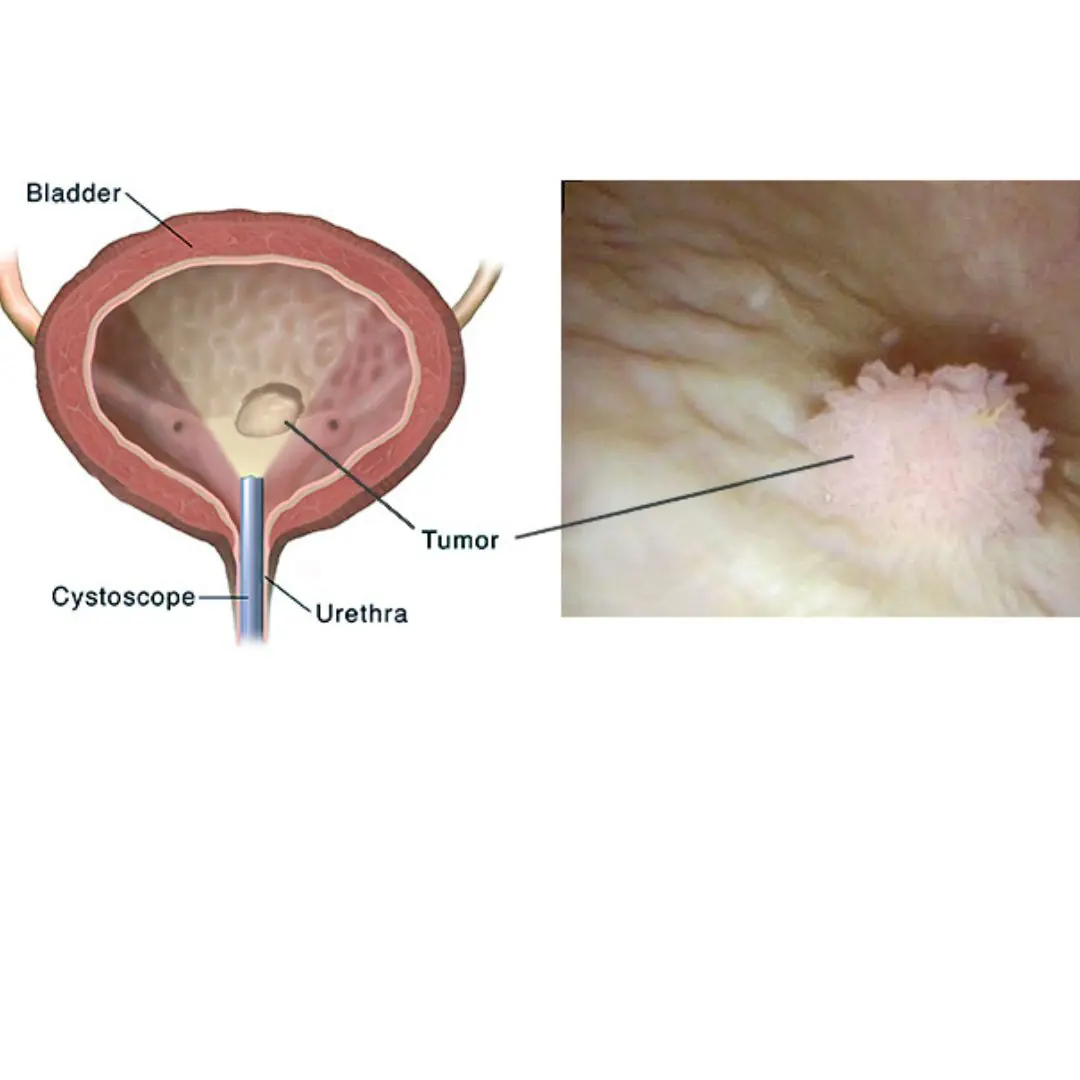
Bladder Ca.ncer: Symptoms You Shouldn’t Ignore

The Surprising Benefits of Donating Bl.o.od
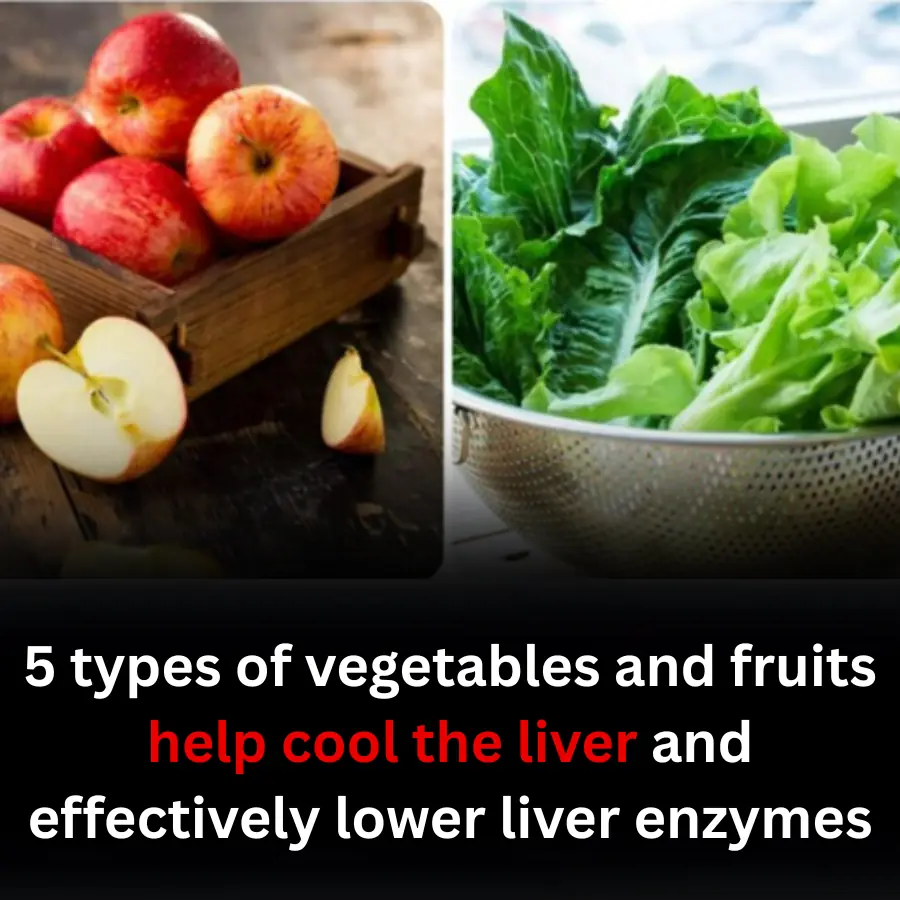
5 types of vegetables and fruits help cool the liver and effectively lower liver enzymes

Woman Sudden Kidney Failure After Meal: Doctor Says “This Vegetable Is Poisonous… You Shouldn’t Eat It”

3 Critical Mistakes You Must Never Make with a Stro.ke Victim — Regret Won’t Undo the Damage
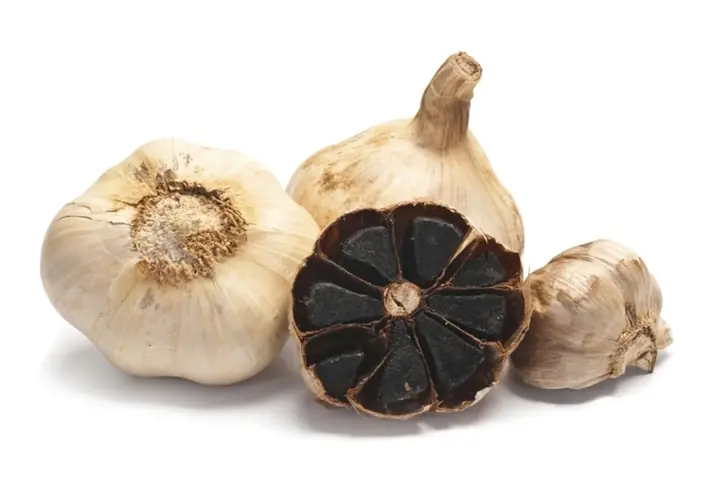
Shocking Truth: Black Garlic Isn’t for Everyone — 5 Types of People Who Should Avoid or Limit It Immediately

5 Early Warning Signs Your Body May Be Signaling Can.cer — See a Doctor Before It’s Too Late
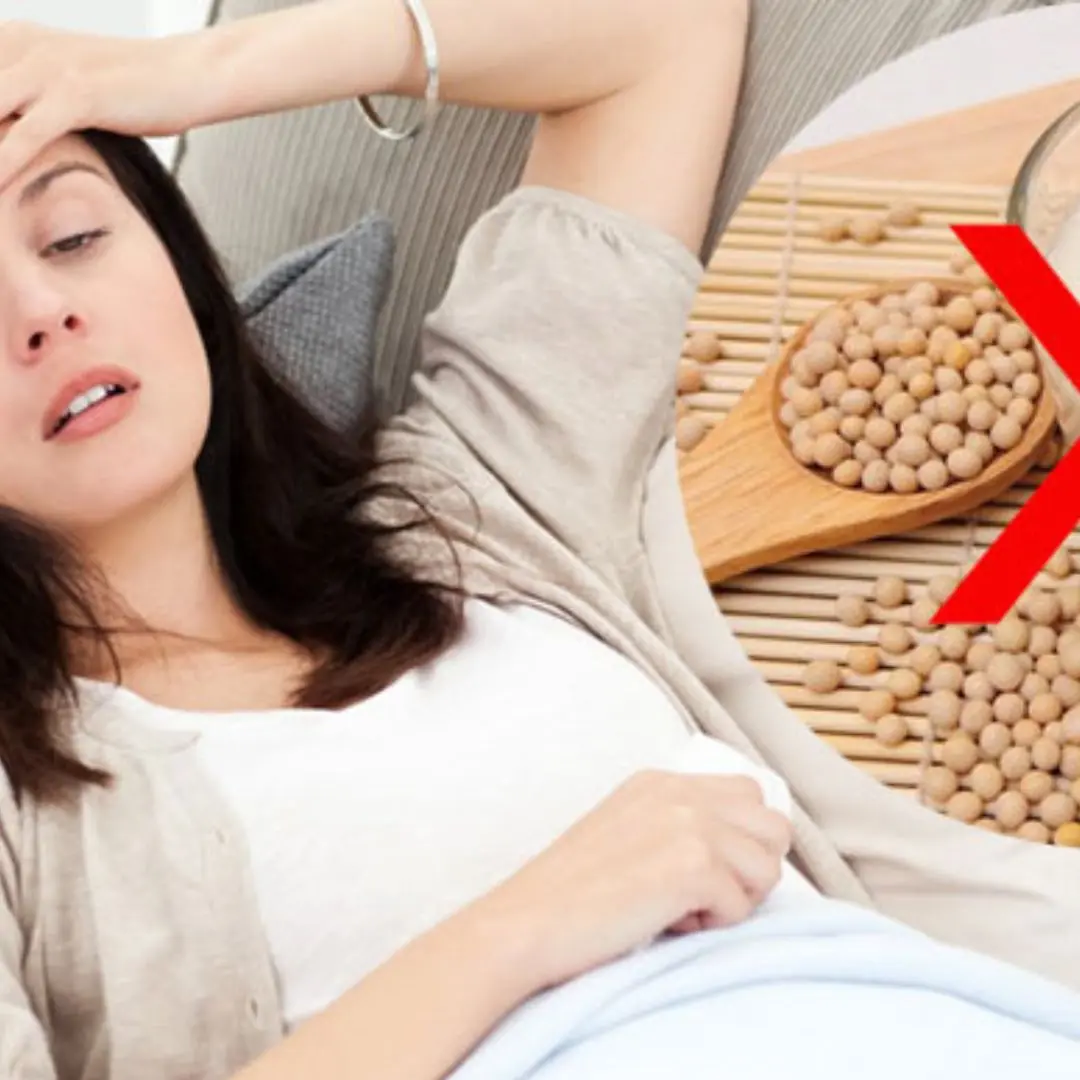
Who should not drink soy milk? 6 things to remember

Understanding Vestibular Disorders: Causes, Symptoms, and How They're Treated
News Post

Silent signs of kidney can.cer are easily overlooked
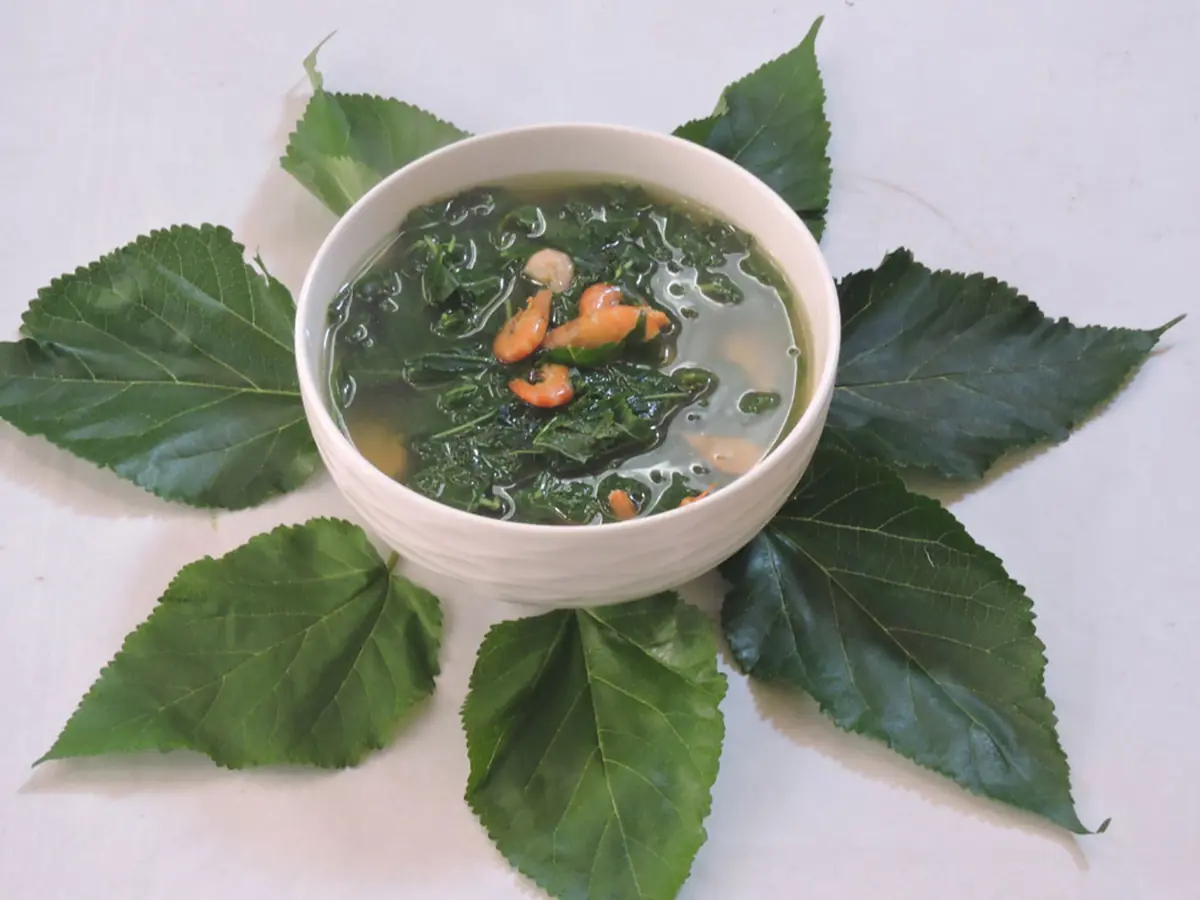
Eating a Handful of This Leafy Green Is as Valuable as “Ginseng for the Poor”
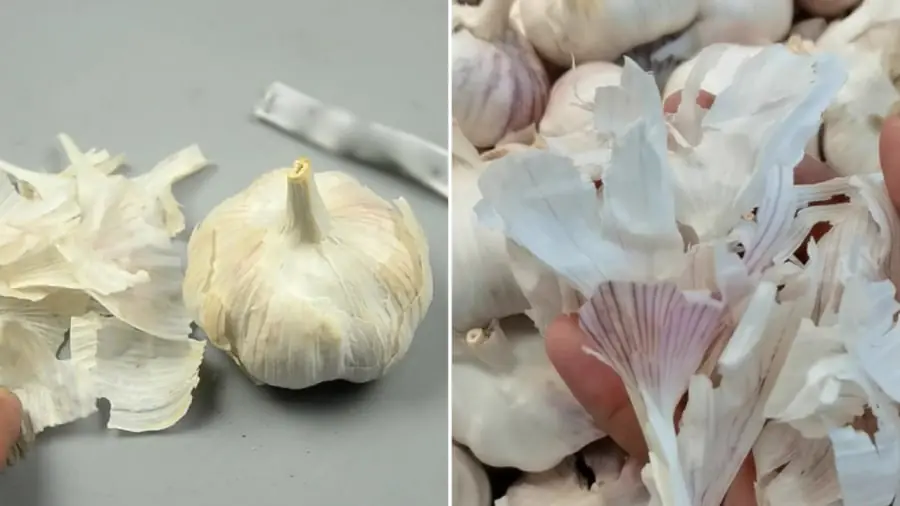
Garlic Skins Have 4 Surprising Benefits

Don’t Just Add Water to Rice—Add This for Softer, Tastier Rice That Lasts Longer Without Spoiling
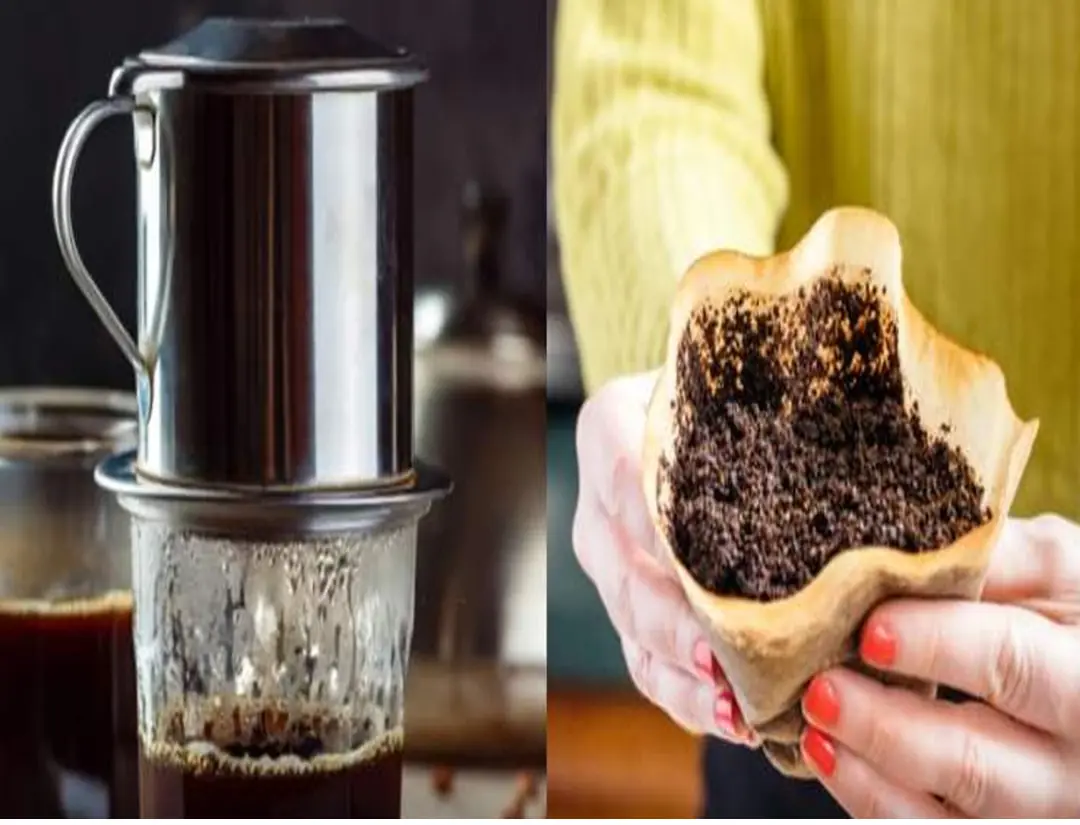
Throwing away coffee grounds is like throwing away money. Uses of coffee grounds that every home needs

The Surprising Use of the Small Hole on Padlocks That Many People Don’t Know

These 3 vegetables have a high risk of causing ca.n.cer. Know early to avoid them and tell your loved ones!

If you suddenly wake up between 3:07 and 3:15 a.m., you must be very careful.
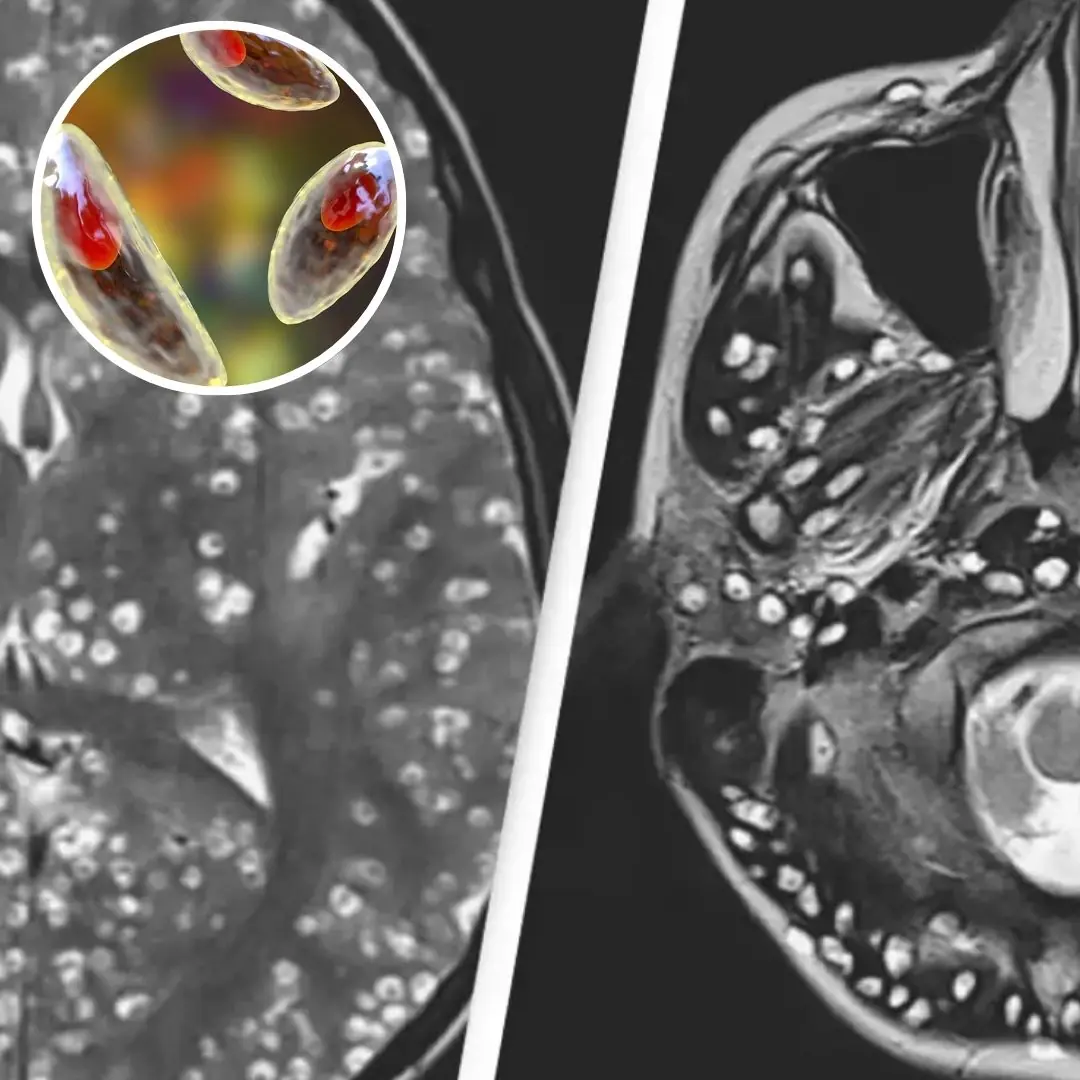
Te.r.r.ifyi.ng study finds 30% of Americans could be infected with parasite that has ho.r.r.i.fic impact on brains

New study claims having these specific dreams every week 'triples' your r.i.sk of an early d.e.a.t.h
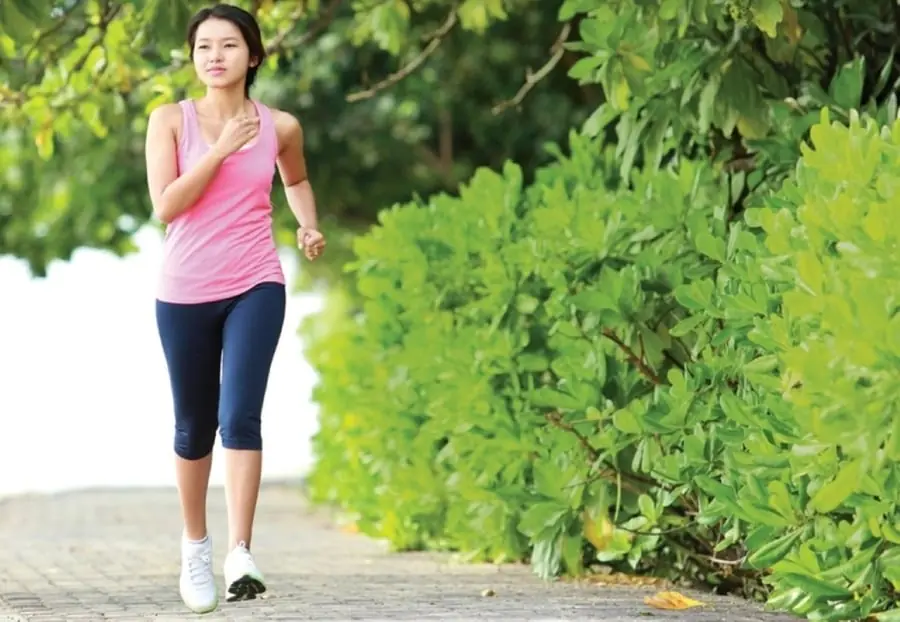
Doctor Reveals: People with These 6 Morning Habits Tend to Look Younger and Live Longer

14-Year-Old Patient Suffers Facial Paralysis Due to Common Habit During Hot Weather
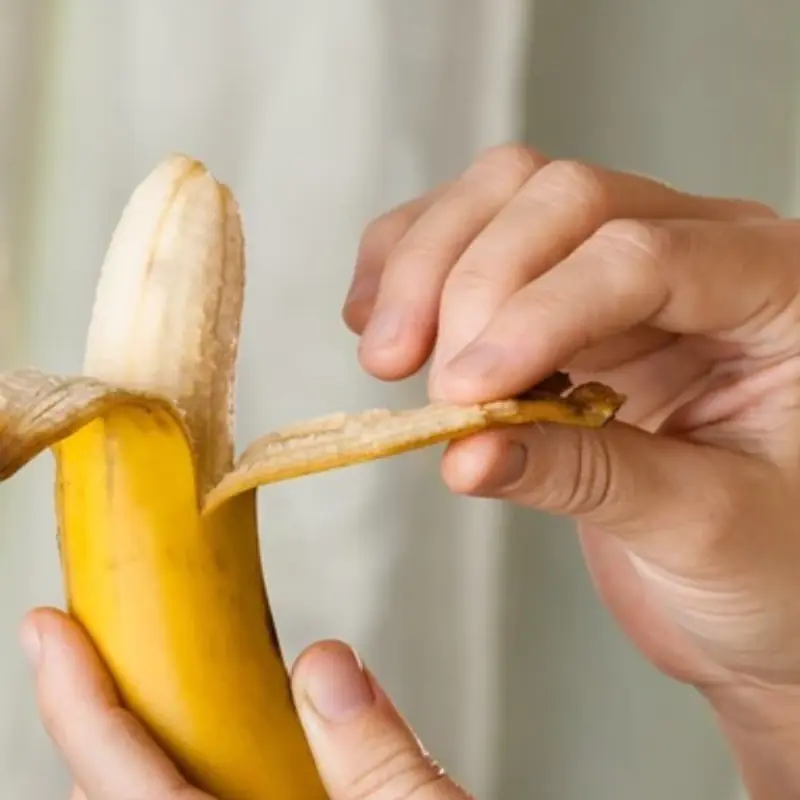
How Will Your Blood Pressure Change If You Eat Bananas Every Day?
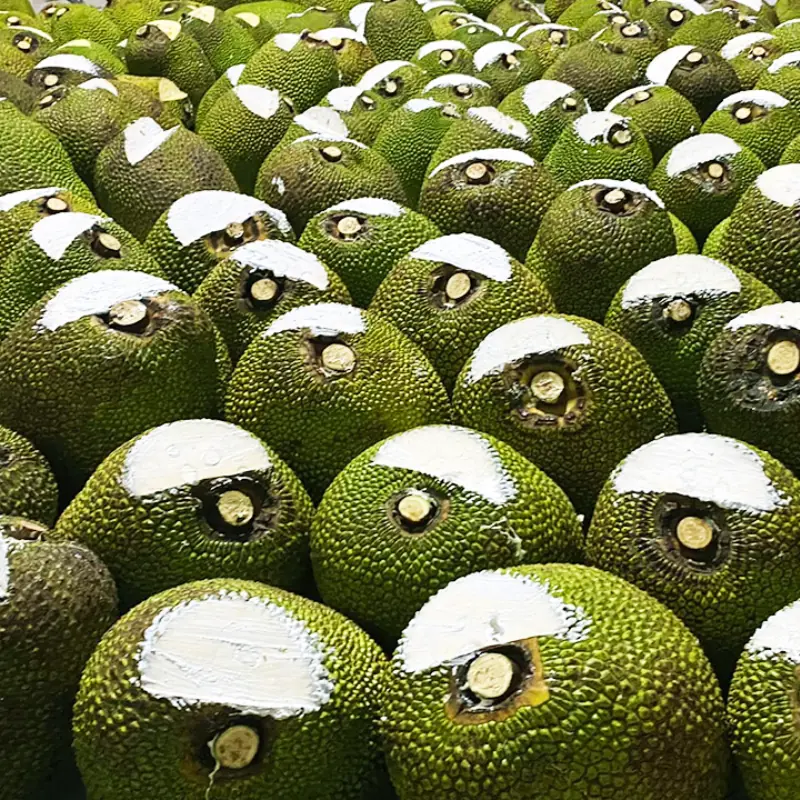
Jackfruits with White-Painted Tops

Quit Nail Biting: A Gentle But Effective Solution
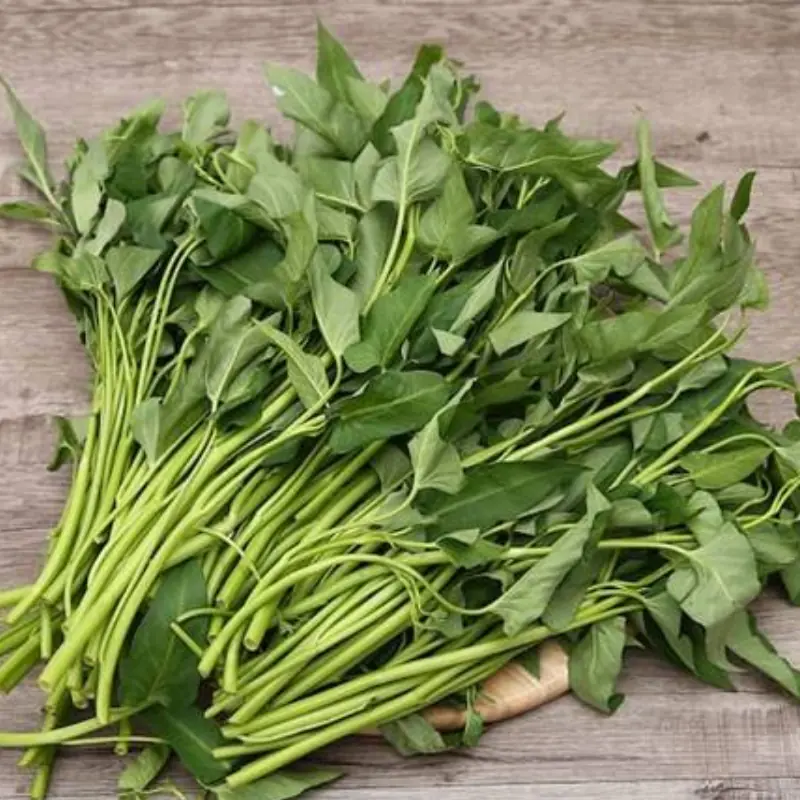
Experts Warn That Some Vegetables Are a Source of Toxins and Should Not Be Eaten Raw

4 Vegetables You Should Never Eat Raw — They Could Do More Harm Than Good!

6 familiar dishes that are extremely dan.ger.ous if left overnight
